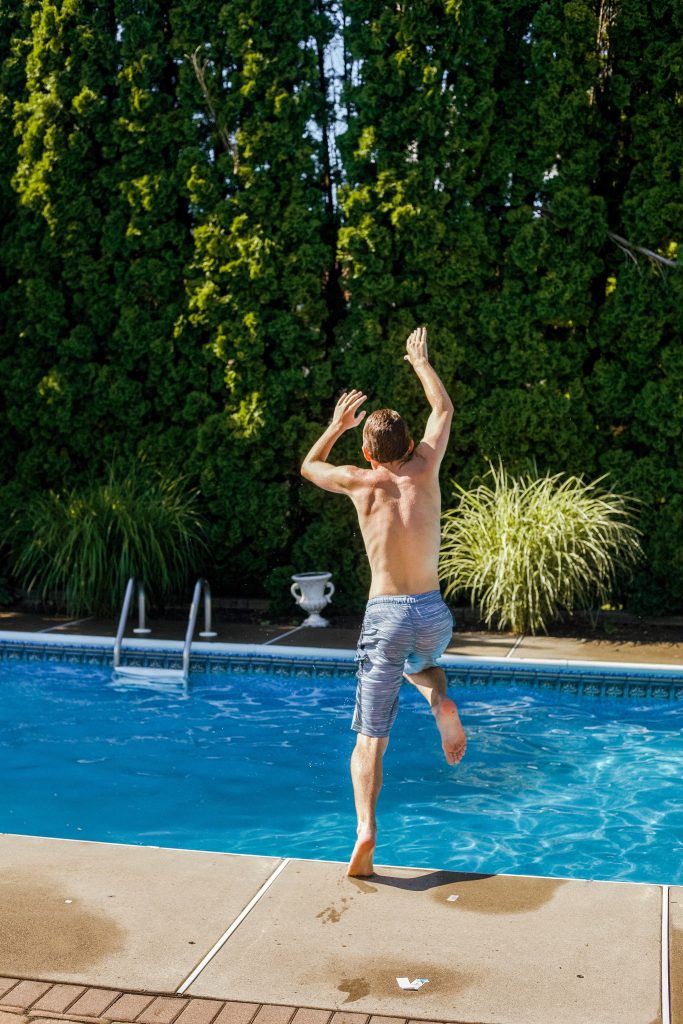
High temperatures aren’t just an annoyance for us humans in these hot Georgia summers; the heat can also take a toll on trees, shrubs, and other plants. While you can’t change the weather, there are ways to protect plants from heat stress. At Whispering Springs Nursery, we love helping our clients grow their green thumbs, so check out some tips to help you keep plants alive during the hottest parts of the summer.
Know the best way to water plants.
- Give trees and shrubs (especially those under 3 years) a good watering once a week during hot, dry spells. If they are mulched, place hose under mulch to ensure water is reaching the roots.
- Avoid overhead watering – using a hose, sprinkler or watering can to water the plant from above. It’s more effective to water the soil directly, minimizing water loss to evaporation and ensuring the water is reaching the roots where it’s needed. This can also protect your plants from foliage diseases like blight and mildew.
- Herbaceous perennials should be watered when the soil has mostly dried by placing the hose in the soil about an inch.
- Water first thing in the morning to reduce evaporation loss and give your plants the water they need to make it through the hottest part of the day.
Mulch generously.
- There are many reasons to mulch your landscaping; it reduces the need for maintenance chores like weeding, encourages strong growth, and most importantly, protects plants from heat damage.
- Mulch protects plants from the ravages of harsh, direct sunlight.
- Mulch helps retain water and reduce evaporation by trapping the moisture under the mulch, near the roots.
- Don’t over-mulch – keep wood mulch at least 6 inches away from the main trunk/stem of trees, shrubs, or herbaceous perennials, and maintain a mulch depth of 2-3 inches.
Don’t stress your plants.
- Heat and drought are more than enough stress for your landscaping plants to take. Don’t further stress them by fertilizing, pruning, or transplanting them.
- Avoid spraying weed killer when temperatures are above 85 degrees; the poison can drift and damage your landscape plants.
Whether you’re looking for landscape plants that can survive hot Georgia summers, yard maintenance to keep your lawn looking its best, or native woodland landscape design for your North Georgia home, we’re here to help! Feel free to contact us or stop by to visit our Jasper plant nursery.



